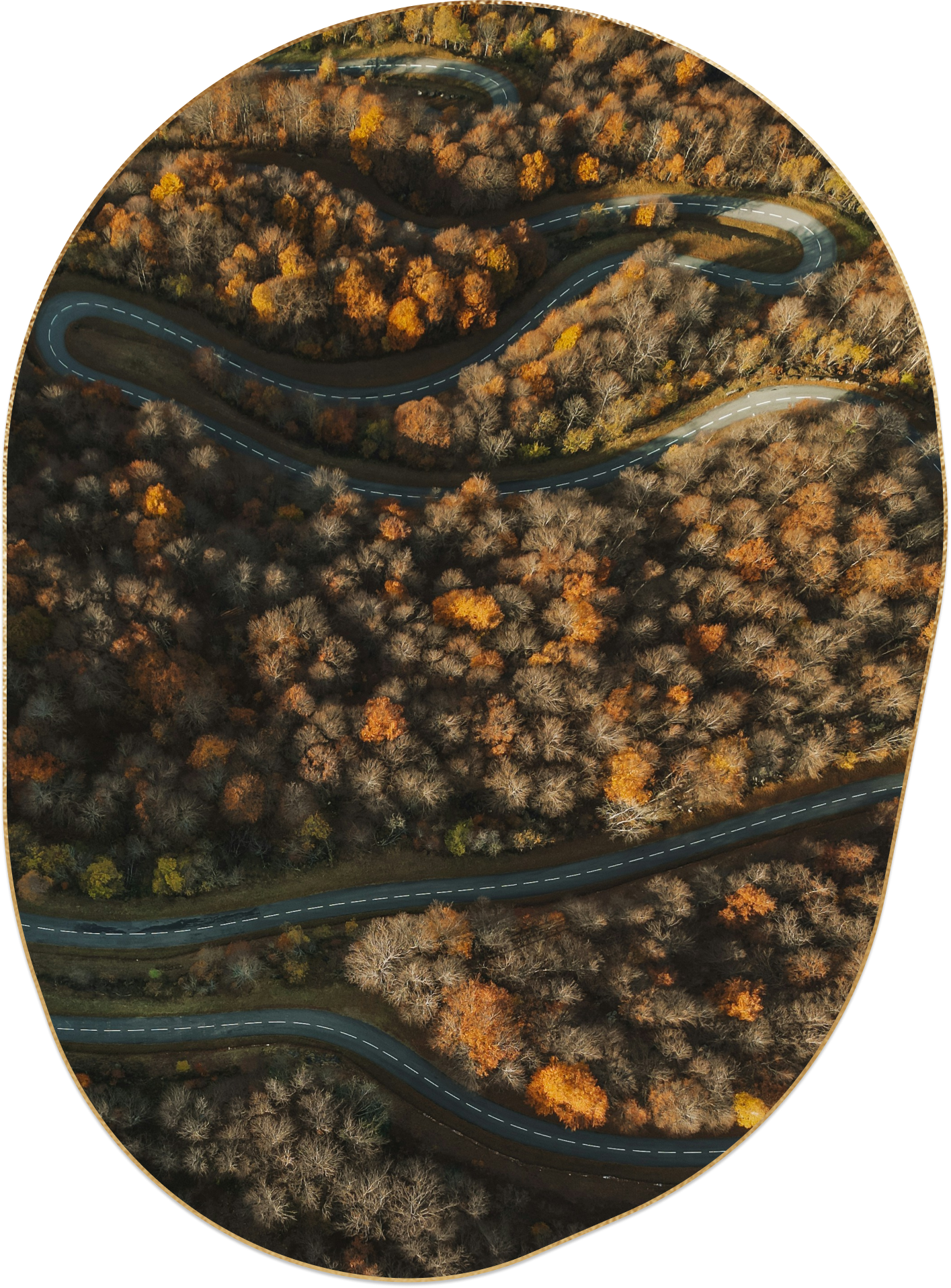
90 min webinar -
The Somatics of Our Boundaries
Learn how to notice, relate to, and express boundaries in a healthier way.
$35 USD for lifetime access

Your body is always communicating boundaries.
Feeling them and expressing those needs allows us to connect more deeply because when we do, other people actually see us.
When we express our boundaries, move our bodies, and meet our needs as they arise we tend to our capacity to be with the present moment.
Socially speaking, we also lose our genuine connection to others and ourselves if we ignore those bodily cues. If I have no clue what I need in a relationship, and I’m willing to bypass my needs, I will most likely focus on the other to the detriment of myself.
It’s important to learn why and how to find balance in ways that will cause less damage to our bodies.

Some of what you’ll learn:
How to firstly feel and tend to our boundaries before focusing on whether someone else can hear them or not.
Why the fawning(pleasing) response blocks the expression of a boundary and, instead, performs the opposite.
How to sense and relate to constriction in the body as a sign that the body is bracing and protecting itself from a situation.
How trauma response is a boundary renegotiation: fight & flight help you create space between your body and a potential threat or overwhelm.
Somatic practices that help the body release the stress from not communicating boundaries or having them violated.

Our bodies will eventually experience burnout after a lifetime of endless boundary breaks.
So many people I’ve worked with were sick, depressed, and disconnected because their bodies were extremely overwhelmed from pushing past their boundaries.
Fawning kept them in relationships they didn’t like. Coffee gave them more energy to push through exhausting situations. And disassociation even kept some from eating when actively hungry.

Our nervous systems helps us perceive and feel our boundaries.
A body stuck in trauma responses is a body that perceives nearly everything as a boundary violation. Smells, loud noises, certain people’s voices, what you hear on the news - all of this registers as a broken boundary because the body has so little capacity to withstand any new charge or activation.
My goal with this webinar is to help you notice, listen to, and express your body’s boundaries.

Meet The Teacher
I am a trained trauma therapist, and have personally recovered from a 15+ year eating disorder, so I know very well how triggering food can be.
Way before I began studying and working with trauma I had a full-time private practice that was 100% nutrition-based.
I learned from this how biochemical our moods are and how much our blood sugar plays a part in our ability to think clearly, have capacity for difficult moments, and regulate after stressful events.
In our house we have a rule that we discuss nothing of importance if we are hungry or tired.
We see food as a powerful ally to help us become embodied when experiencing stress or recovering from trauma, rather than something we use to numb and avoid our feelings with.






